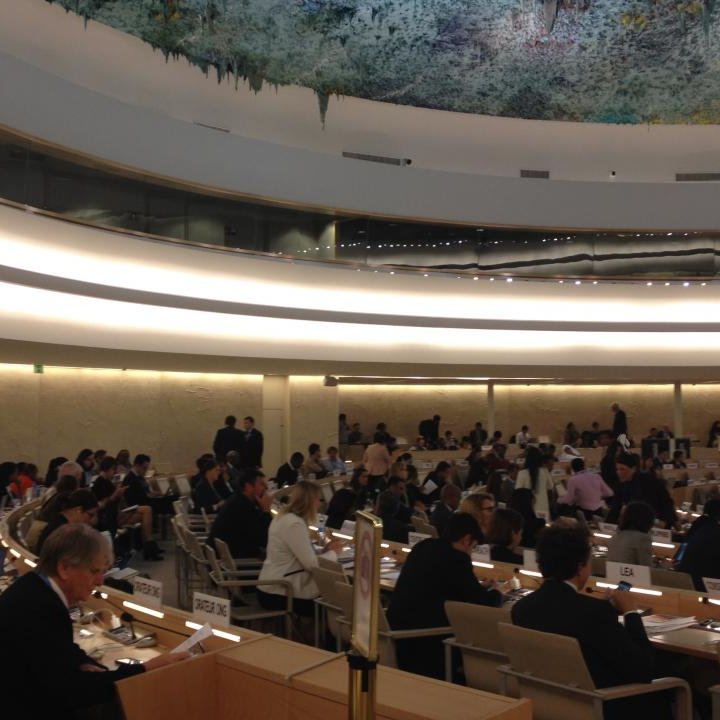United Nations binding treaty on business and human rights: FIDH’s position ahead of the 10th negotiation session

Jaurocks (Wikicommons)
"United Nations binding treaty on business and human rights: FIDH’s position ahead of the 10th negotiation session", 12 December 2024.
For more than a decade, the International Federation for Human Rights (FIDH) and its members have been calling for a legally binding instrument that can eliminate major gaps in the protection of human rights from corporate human rights abuses and violations...
From 16 to 20 December 2024, States will convene in Geneva (Switzerland) for the 10th session of the Intergovernmental Working Group on Transnational Corporations and Other Business Enterprises with Respect to Human Rights (OEIGWG). The upcoming session represents a significant milestone as it marks a decade of negotiations of a legally binding instrument on business and human rights.
Ahead of this crucial anniversary, FIDH -together with 18 member organisations- publishes its position and recommendations on both the methodology and the substance of the Updated Draft treaty. This latest contribution reflects FIDH’s decades-long advocacy for a robust and effective legally binding instrument that addresses corporate human rights abuses and closes significant accountability gaps.
While FIDH acknowledges the significant progress achieved over the past decade, it emphasises that the Updated Draft still contains critical gaps and that the methodology followed by the OEIGWG continues to lack the necessary transparency.
FIDH calls for meaningful and constructive engagement from all State actors, whose active participation is essential to enhance the Treaty’s impact, and remains committed to contributing substantively throughout the session...